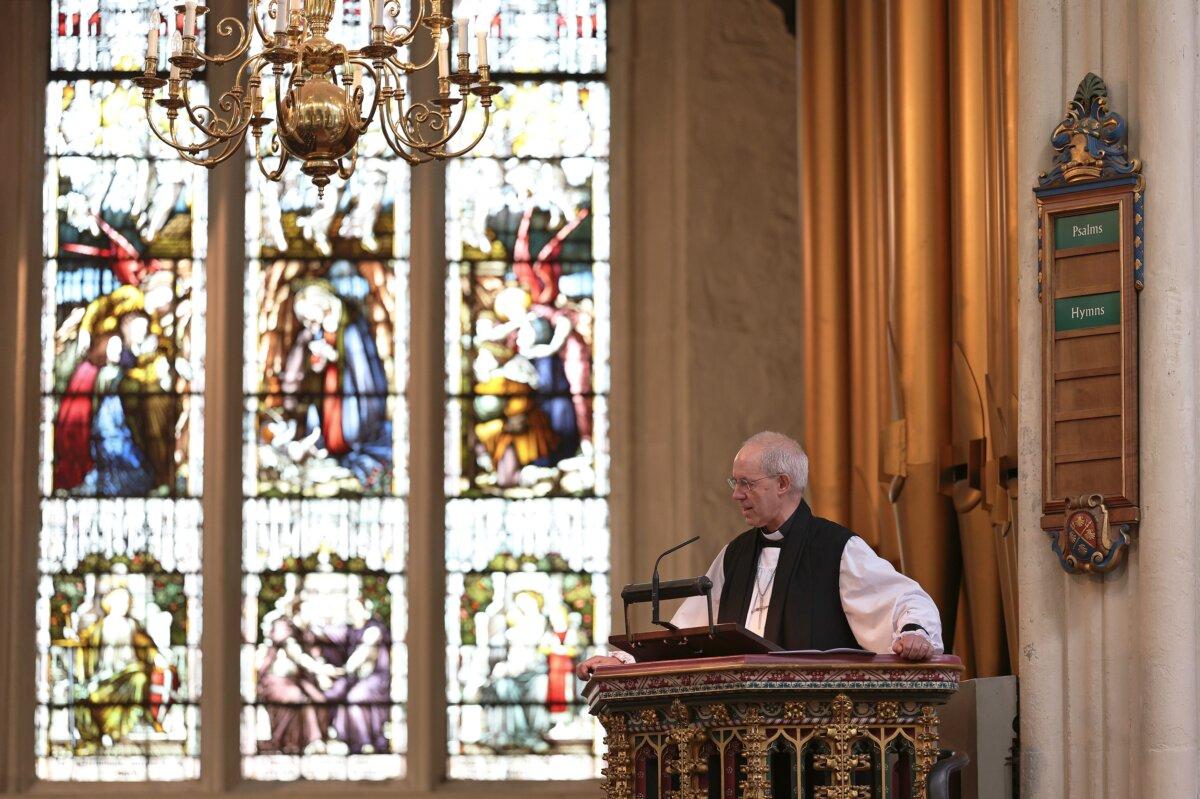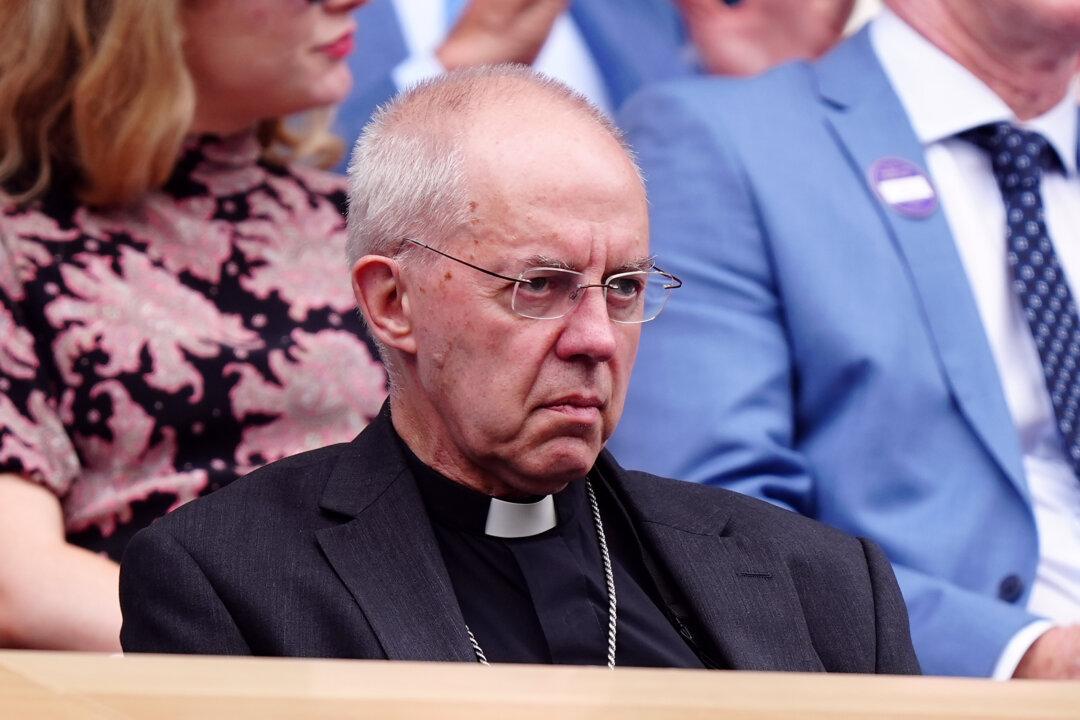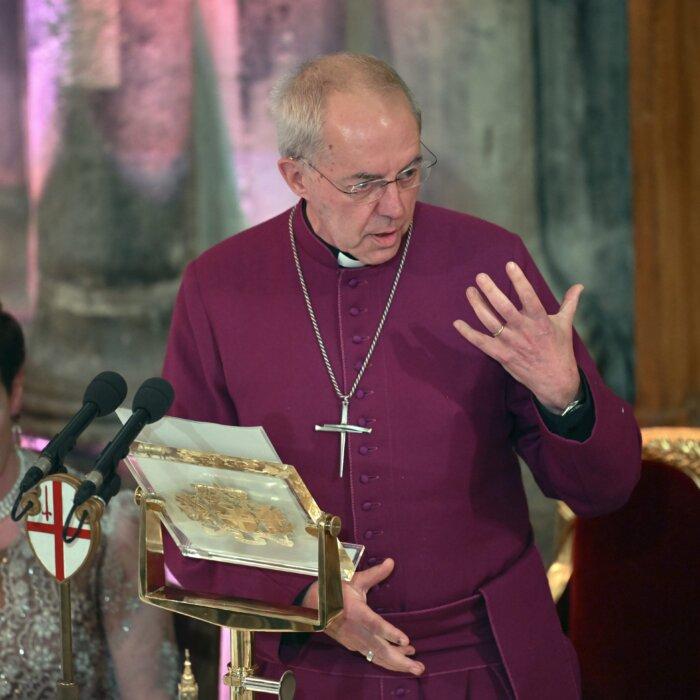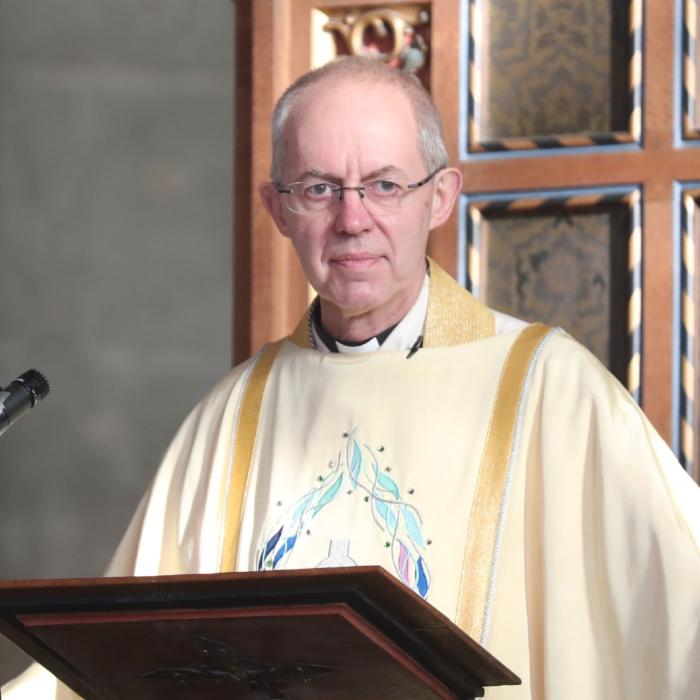The Archbishop of Canterbury Justin Welby has announced he will resign, following days of pressure after a damning review into the most prolific abuser associated with the Church of England.
Welby issued an apology in conjunction with the report last Thursday, and told media that while he had considered resigning, he had decided not to do so after taking advice from “senior colleagues.”
But in a statement on Tuesday, he said: “Having sought the gracious permission of His Majesty The King, I have decided to resign as Archbishop of Canterbury.
“The Makin Review has exposed the long-maintained conspiracy of silence about the heinous abuses of John Smyth.
“When I was informed in 2013 and told that police had been notified, I believed wrongly that an appropriate resolution would follow.
“It is very clear that I must take personal and institutional responsibility for the long and retraumatising period between 2013 and 2024.”
Welby, who was elected as archbishop in February 2013, added that he believed his resignation was in the church’s best interests.
He said, “I believe that stepping aside is in the best interests of the Church of England, which I dearly love and which I have been honoured to serve.”
5 Decades of Abuse
Over five decades between the 1970s until his death, Smyth is believed to have subjected as many as 130 boys and young men in the UK and Africa to traumatic physical, sexual, psychological, and spiritual attacks, causing them lasting harm. It is not known at what point the abuse stopped and there could be other victims who have not yet come forward, the review said.A lay reader who led Christian summer camps, Smyth died aged 75 in Cape Town in 2018 while under investigation by Hampshire Police, and was never brought to justice for the abuse.
Welby knew Smyth because of his attendance at Iwerne Christian camps in the 1970s, but the review found there was no evidence that he had “maintained any significant contact” with the barrister in later years.
The archbishop said he had “no idea or suspicion of this abuse” before 2013.

Petition
The report accused the Church of England of a “cover-up” and said Smyth “could and should have been formally reported to the police in the UK, and to authorities in South Africa (church authorities and potentially the police) by church officers, including a diocesan bishop and Justin Welby in 2013.”A petition started by three members of the General Synod—the church’s parliament—calling for Welby to quit had gathered more than 14,000 signatures by the time he announced his resignation.
Welby has acknowledged the review found that, after Smyth’s abuse was reported to the Church in 2013, he had “personally failed to ensure” it was “energetically investigated.”
‘Sense of Shame’
Welby was born in London in 1956 and went to Eton before studying history and law at Trinity College, Cambridge. He worked in the fossil fuel industry for 11 years before studying for ordination at St. John’s College in Durham.He rose rapidly through the church ranks, and had only been a bishop for just over a year when he was chosen as the archbishop, saying at the time that he thought his appointment was “perfectly absurd” and “a joke.”
His time in the role proved controversial, particularly his backing for gay marriage to receive Church blessings.
In a statement, the Church’s second-most senior bishop, Stephen Cottrell the Archbishop of York, said that Welby’s resignation was the “right and honourable thing to do.”
Welby’s statement added that he hopes his decision “makes clear how seriously the Church of England understands the need for change and our profound commitment to creating a safer church.”
He said that he tried to reform safeguarding within the Church for the past 12 years, and it was “for others” to judge how successful he had been.
He said, “As I step down I do so in sorrow with all victims and survivors of abuse,” adding that the last few days have renewed his “long felt and profound sense of shame at the historic safeguarding failures of the Church of England.”







